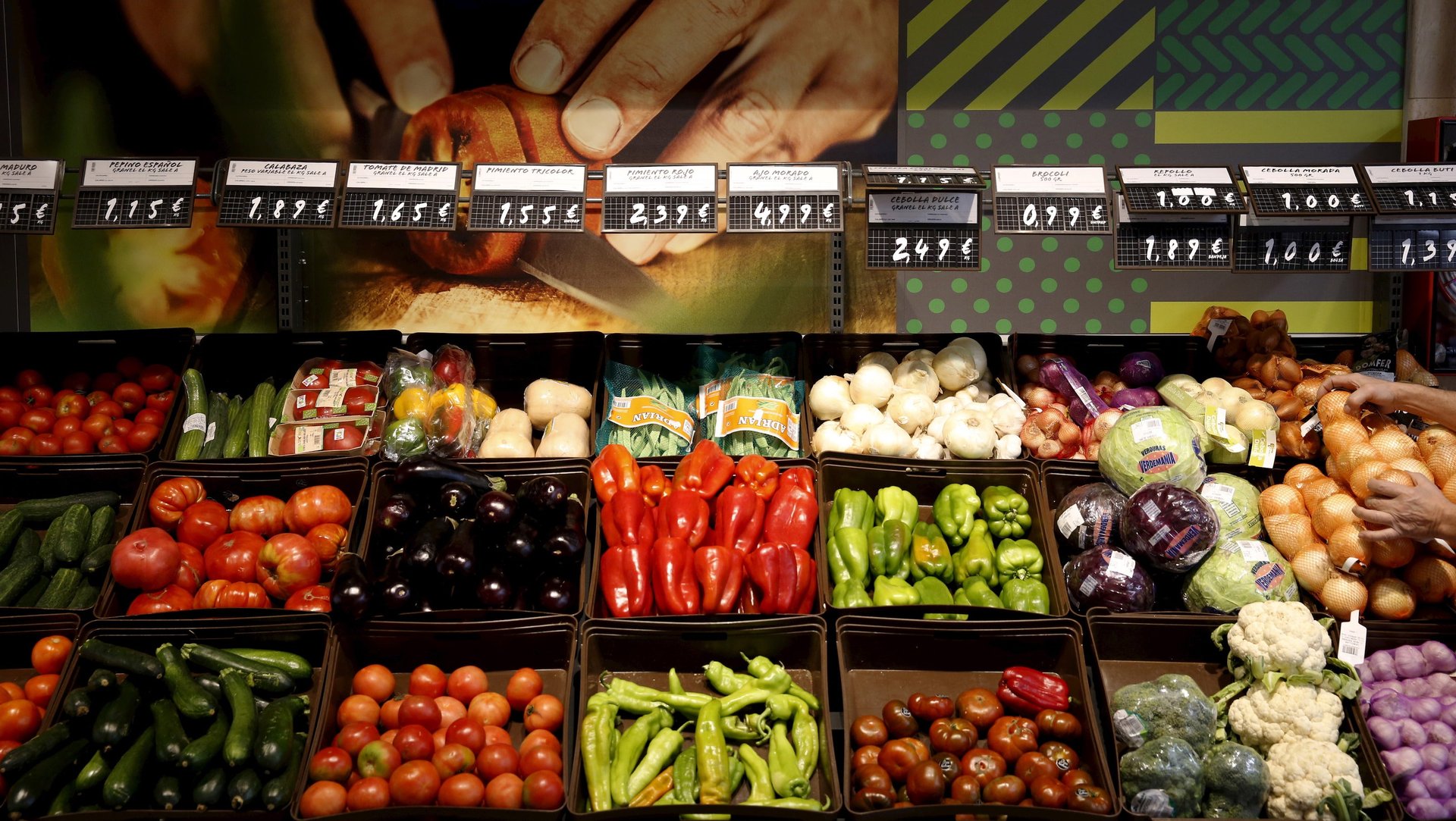Americans may love “natural” food, but most have no idea what it is
Ritzy food stores, the anti-GMO movement, and celebrity health gurus like the Food Babe would have you believe that any food not made in a “natural”—or organic, or farm-raised, or wholesome—way is inherently bad for you. By the looks of the US’s supermarket purchasing trends, a lot of people agree.


Ritzy food stores, the anti-GMO movement, and celebrity health gurus like the Food Babe would have you believe that any food not made in a “natural”—or organic, or farm-raised, or wholesome—way is inherently bad for you. By the looks of the US’s supermarket purchasing trends, a lot of people agree.
Meanwhile, half of people buying foods labeled “natural” are not totally clear on what the word “natural” actually means.
According to a Consumer Reports survey out today (Jan. 27), which polled 1,005 nationally representative adults on their grocery-shopping preferences, roughly 62% of shoppers in the US regularly bought foods with “natural” labels in 2015—up from 59% in 2014. But here are some other stats to accompany those: A whopping 45% of people mistakenly believe that the presence of the word “natural” on a food means it’s been verified, checked, or certified in some way, and around 60% of people wrongly think a “natural” label indicates a lack of genetically modified organisms, artificial ingredients, chemicals, or pesticides in the food. Most are willing to pay more, as a result of this perception.
In fact, “natural” doesn’t mean anything at all. That’s because the US Food and Drug Administration (FDA) has not given it a definition yet. Though the FDA is currently mulling guidelines to regulate “natural” food labeling—it’s soliciting public comment until May 10 on what that definition would cover—the organization hasn’t formally touched the issue since 1993, when it ambiguously declared that ”natural” food should contain nothing “that would not normally be expected in the food.” To make matters more confusing, the FDA added that non-binding definition is not meant to address manufacturing methods. While “organic” labels on food do see a fair amount of regulation from the US Department of Agriculture, no such system exists for the word “natural.”
Outside the US, other governing bodies are just as bad at pinning down a definition for the label. The EU, for instance, only manages the word “natural” as it applies to food flavorings.
Consumer Reports has assembled a list of artificial food products in the US with “natural” claims to highlight the arbitrariness of the label. Among them: vegetable oil made from genetically engineered soybeans, sweet potato fries containing ingredients extracted from bacteria, and cheese containing a powder made from pieces of cotton and bamboo. You couldn’t make (or, rather, cook) this stuff up.